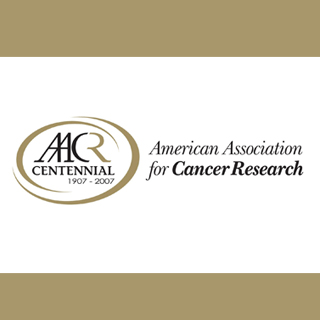
Experts examined hormone replacement therapy used in 2,857 women for approximately 10 years. The study apparently emphasizes on the requirement of personalized risk-benefit discussions before subjecting women to hormone therapy. During the study, investigators compared women who had never employed hormone therapy and women who used estrogen therapy for more than 15 years. The outcome was that women utilizing the therapy possibly developed a 19 percent higher risk of breast cancer.
Tanmai Saxena, an M.D./Ph.D. student at the Keck School of Medicine at the University of Southern California quoted, “This is evidence that the story is complicated. The benefits of hormone therapy for relief of postmenopausal symptoms among women are clear, but the risks are more complicated than we had previously thought.â€
Also women making use of combined therapy along with estrogen plus progestin for 15 or more years displayed an 83 percent greater risk. Scientists conclude breast cancer risk to be higher among women employing the combination regimen. Also the risk seemingly remained dependent on body mass index (BMI). Women with a BMI less than 30 supposedly revealed heightened risk of breast cancer with combined hormone therapy. It was mentioned that the risk appears to be prominently strong among women with BMI less than 25.
Susan Hankinson, Sc.D., professor of medicine at Harvard Medical School, alleged, “These results add new evidence that risk does vary by other personal characteristics. However, for now, the public health message remains essentially the same. There is an increased risk of breast cancer from hormone use, and further studies will address the question of how specific that risk is.â€
Obese women having a BMI of 30 or more supposedly have no risk linked to the usage of combined hormone therapy. Investigators highlighted that the risk of breast cancer is limited to tumors positive for estrogen and progestin receptors. Negative tumors such as HER2 displayed weaker risk.
The study is published in Cancer Epidemiology, Biomarkers and Prevention, a journal of the American Association for Cancer Research.
